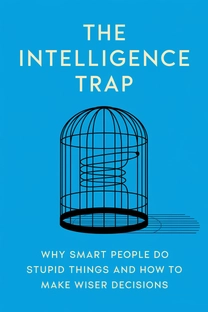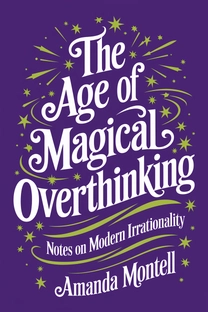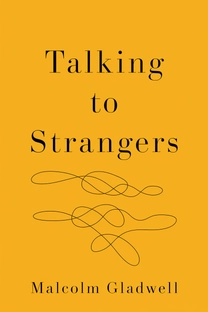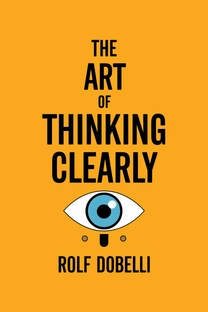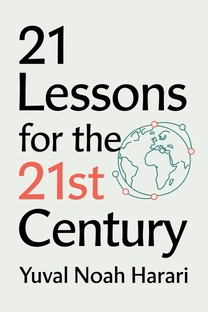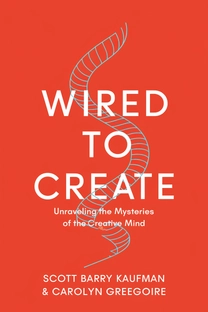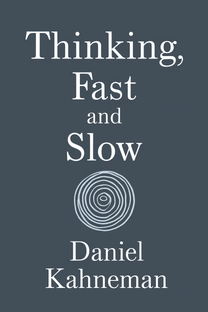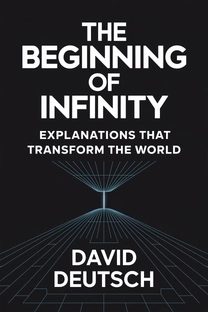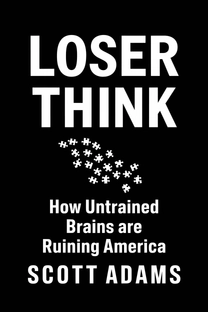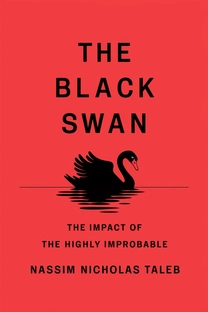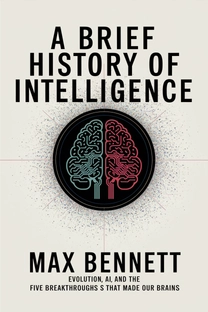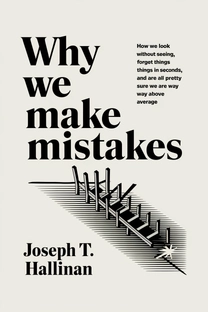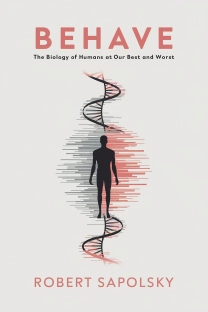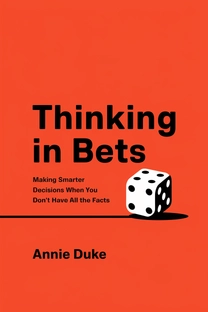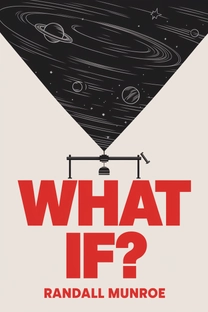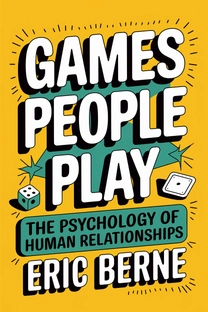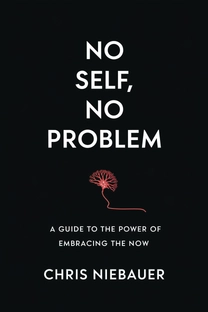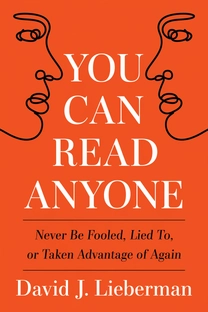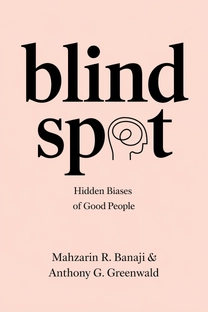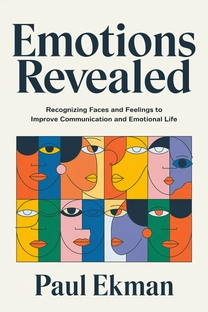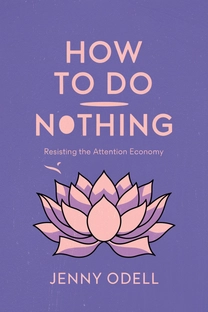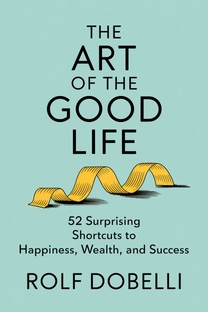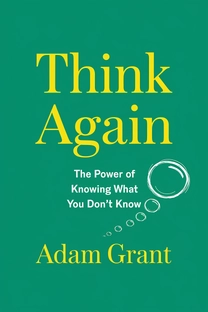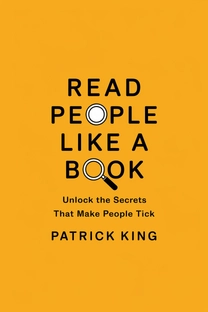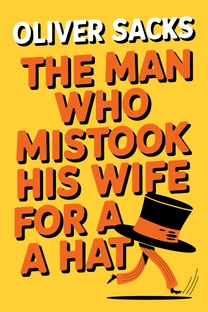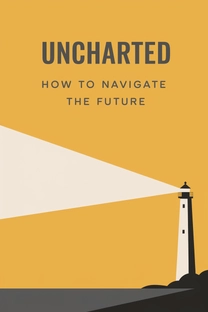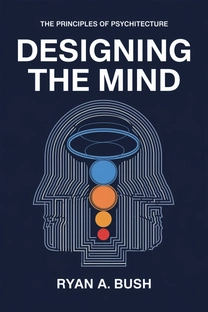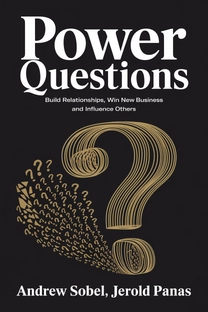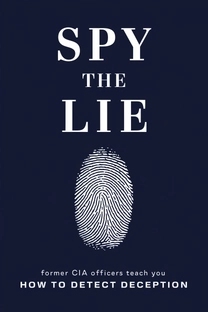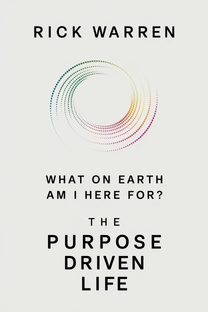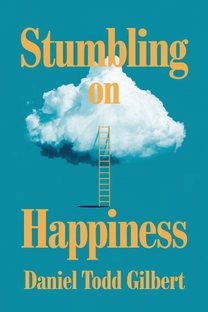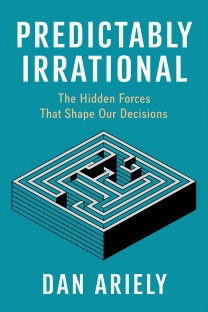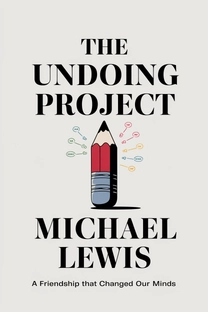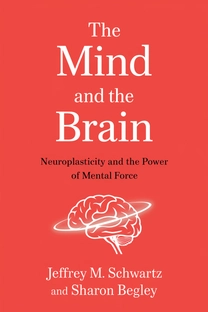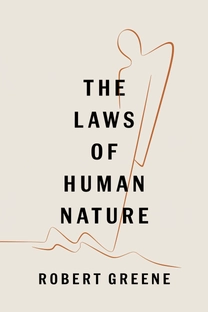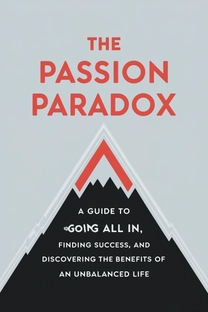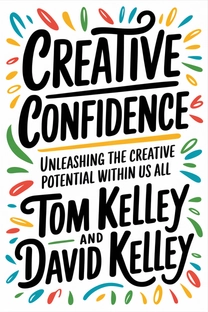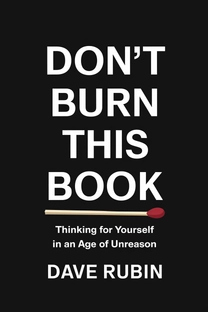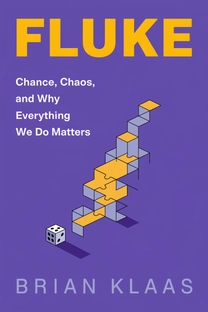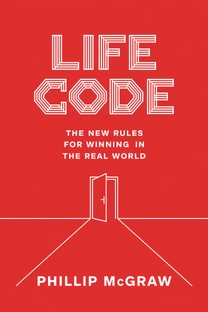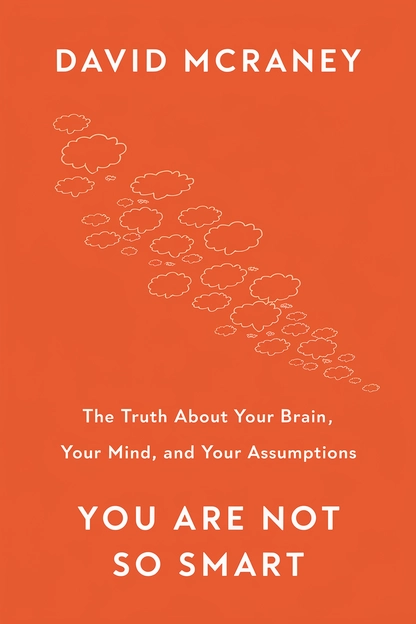
You Are Not So Smart
Why You Have Too Many Friends on Facebook, Why Your Memory Is Mostly Fiction, and 46 Other Ways You're Deluding Yourself
by David McRaney
Brief overview
This book explores the many surprising ways our minds lead us astray, convincing us that we understand ourselves and our surroundings far better than we truly do. It offers examples of cognitive biases, memory tricks, and emotional missteps that shape how we think and make decisions in everyday life. By reading it, you’ll see how these illusions undermine logic and discover how awareness can help you think more clearly.
Introduction
Many of us like to believe we’re rational, clear-thinking individuals who see the world as it is. Yet this book shows that’s not quite true. Our brains rely on shortcuts and mental rules of thumb that often lead us in the wrong direction.
From believing our memories act like perfect recordings to assuming our judgments stem purely from facts, we carry around illusions that keep us feeling consistent and in control. But in reality, we’re swayed easily by subtle influences.
Throughout these pages, you’ll encounter examples—from everyday habits like procrastination to group behaviors like conformity—that highlight just how easily we fool ourselves. The goal isn’t to feel bad about these quirks, but to understand and manage them.
The Power of Cognitive Bias
Our minds often run on autopilot, using mental shortcuts or biases to get through the day. These shortcuts can feel right in the moment but frequently miss the mark when it comes to accuracy.
One common example is confirmation bias: once you form a strong opinion, you tend to focus on information that supports it and ignore everything else. This helps keep your worldview consistent but can lead you astray.
Another form is the availability heuristic, where you overestimate the importance of something that’s fresh in your mind. If a certain event or idea appears in the news repeatedly, you might think it’s more common than it actually is.
In everyday life, these biases show up in small ways—like noticing a particular car model everywhere once you’re thinking of buying it. They also factor into big decisions, such as voting or career moves, where overlooked evidence could be critical.
What is You Are Not So Smart about?
"You Are Not So Smart: Why You Have Too Many Friends on Facebook, Why Your Memory Is Mostly Fiction, and 46 Other Ways You're Deluding Yourself" offers an enlightening exploration of the myriad ways our minds fool us into believing we are rational, logical beings. With engaging anecdotes and research-backed insights, David McRaney peels back the layers of cognitive biases and mental shortcuts that lead us to often erroneous conclusions about ourselves and the world around us.
The book delves into the psychology behind why our memories can be easily distorted and why we tend to place undue importance on specific beliefs, even when contrary evidence is apparent. By shedding light on these phenomena, McRaney provides a roadmap to better understanding and navigating our thoughts, ultimately helping readers make more informed decisions in everyday life.
This insightful work matters because it demystifies how cognitive illusions can affect judgment and behavior, ensuring that we become more aware of our mental pitfalls. It challenges readers to confront their misconceptions and offers practical steps towards clearer, more balanced thinking.
Review of You Are Not So Smart
David McRaney's "You Are Not So Smart" excels at illuminating the often overlooked cognitive biases and mental shortcuts we unknowingly rely on. Its key strength lies in transforming complex psychological concepts into accessible narratives that laypeople can easily digest. Each chapter uncovers a different illusion, from misunderstanding memory to overvaluing confirmation bias, offering practical applications for recognizing these patterns in our lives.
McRaney’s conversational writing style draws readers in with humor and relatable anecdotes, making intricate subjects easy to understand without compromising on depth. His exploration of the influence of social dynamics and unconscious biases on decision-making is particularly resonant in today's interconnected world.
While geared towards readers with an interest in psychology, the book is welcoming to anyone eager to understand how human cognition can become an unreliable source of truth. With valuable takeaways and empowering insights, McRaney recommends cultivating awareness to enhance our discernment, urging readers to question more and assume less.
This book is highly recommended for anyone curious about the mechanisms behind their thoughts and actions, making it a compelling and enlightening read.
Who should read You Are Not So Smart?
- Psychology enthusiasts looking to deepen their understanding of cognitive biases and mental illusions.
- Decision-makers seeking ways to enhance their critical thinking and reduce bias in their judgments.
- Education professionals interested in the psychology of learning and memory.
- Self-improvement seekers eager to understand and refine their decision-making processes.
- Curious individuals aiming to explore the intricacies of human cognition and behavior.
About the author
Book summaries like You Are Not So Smart
Why readers love Mindleap
10-Minute Book Insights
Get the core ideas from the world's best books in just 10 minutes of reading or listening.
Curated For You
Discover your next favorite book with personalized recommendations based on your interests.
AI Book ExpertNew
Chat with our AI to help find the best book for you and your goals.
Reviews of MindLeap
Love how I can get the key ideas from books in just 15 minutes! Perfect for my busy schedule and helps me decide which books to read in full.
Alex R.
The summaries are incredibly well-written and the audio feature is perfect for my commute. Such a time-saver!
Jessica M.
Great app for personal growth. The insights are clear and actionable, and I love how they capture the essence of each book.
Chris P.
The app is beautifully designed and the summaries are top-notch. Definitely worth every penny!
Sarah K.


